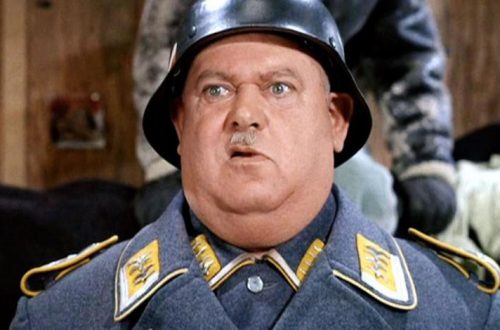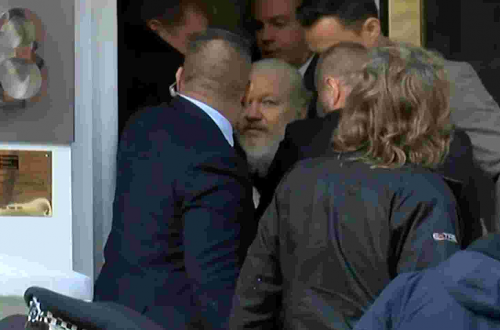James Ball writes:
The reason I quit was because of a friend of Julian’s whose activities were unstomachable and unforgivable. That man was Israel Shamir. Shamir is an anti-Semitic writer, a supporter of the dictator of Belarus, and a man with ties and friends in Russian security services. He and Julian—unknown to us—had been in friendly contact for years. It was a friendship that would have serious consequences.
By January, the situation had changed. With me and others concerned about what we saw as ethical lapses left, right, and center, Assange produced a new NDA, silencing anyone who signed it for a full decade against saying a word about WikiLeaks activities, on the pain of millions of dollars of penalties.
Introduced to WikiLeaks staff and supporters under a false name, Shamir was given direct access to more than 90,000 of the U.S. Embassy cables, covering Russia, all of Eastern Europe, parts of the Middle East, and Israel. This was, for quite some time, denied by WikiLeaks. But that’s never a denial I’ve found convincing: the reason I know he has them is that I gave them to him, at Assange’s orders, not knowing who he was.
Why did this prove to be a grave mistake? Not just for Shamir’s views, which are easy to Google, but for what he did next. The first hints of trouble came through contacts from various Putin-influenced Russian media outlets. A pro-Putin outlet got in touch to say Shamir had been asking for $10,000 for access to the cables. He was selling the material we were working to give away free, to responsible outlets.
Worse was to come. The NGO Index on Censorship sent a string of questions and some photographic evidence, suggesting Shamir had given the cables to Alexander Lukashenko of Belarus, Europe’s last dictator. Shamir had written a pro-Belarus article, shortly before photos emerged of him leaving the interior ministry. The day after, Belarus’s dictator gave a speech saying he was establishing a WikiLeaks for Belarus, citing some stories and information appearing in the genuine (and then unpublished) cables.
Assange refused and blocked any attempts at investigation, and released public statements that were simply untrue.
Disturbingly, Assange seems to have a personal motivation for staying friendly with Shamir. Shamir’s son, Johannes Wahlstrom, is apparently being called as one of Assange’s defense witnesses in his Swedish trial. That’s not the only time self has come before principle.
On other occasions, Assange’s selfishness needlessly risked WikiLeaks financial future.
When first trying to gain bail money, Assange sought to empty WikiLeaks’ bank accounts to pay the cash (a scheme which would never have worked given the rules). But luckily for WikiLeaks, the trustees of the organization’s then-main bank account, the Wau Holland foundation, rightly refused the request, which would have all but cleared out the account. Given the duration of the banking blockade, that money eventually had to last around 18 months. Had Assange got his way, the money that got WikiLeaks through the blockade wouldn’t have been there.
The final straw was—as it always is—the attempted cover-up. In November 2010, WikiLeaks asked everyone who worked there to sign a nondisclosure agreement (NDA) covering the material we were being given access to—not to sell it, disclose without permission, or similar. Given the importance of what we were working on, that seemed reasonable. Everyone, including me, signed.
Read it all.

